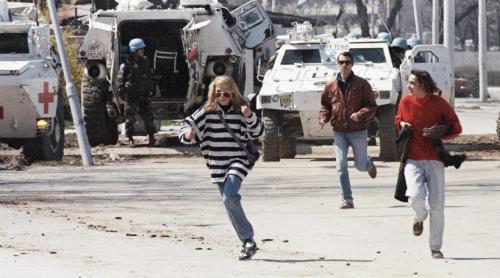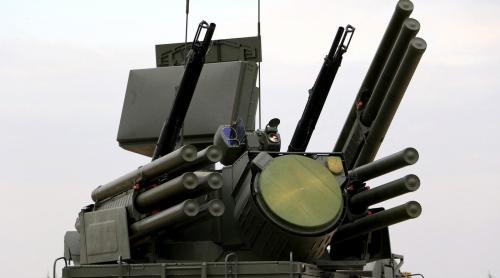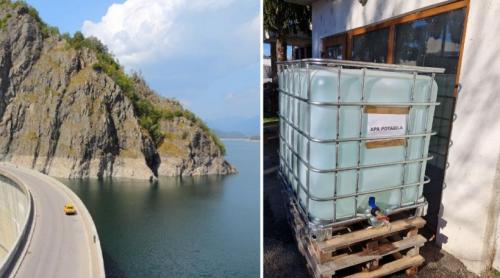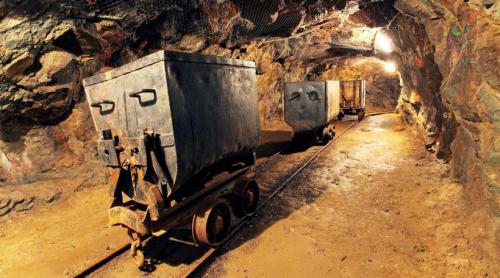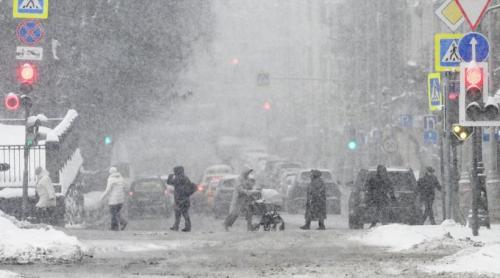
Soon, two years will have passed since the initiation of the Government coalition. It was a period of endless fights, of crises more or less artificial, of threats regarding the quitting of the Coalition and even of applying these promises, like in the case of the Conservatory Party. The main cause of this atmosphere, which was good for the TV stations and newspapers, but not so good for the citizens, is the way this Coalition was formed.
The seed appears during a TV show on TVR during a confrontation between the two candidates for the presidency (Adrian Nastase and Traian Basescu) - on the 8th of December 2004, before the second round of elections. The host asks about the form of the future Government and PM. It seems a natural question. The winner of the elections on the 28th of November was the SDP (the Social Democratic Party) + HPR (the Humanist Party in Romania) National Union. Even though they hadnât formed an official coalition, the Union and DUHR (the Democrat Union of the Hungarians in Romania) had formed a team during the elections. As for the National Union, there is no point in commenting the unity in policy ideals. During the parliamentary elections, SDP and HPR had appeared on the same lists and signaled a joint strategy. Right after the elections, SDP had started to negotiate for a Government of the SDP, HPR, DUHR Coalition. A PM had been announced (Mircea Geoana from SDP) and a vice-president (Codrut Seres, from HPR). Such a situation made Adrian Nastase think optimistically about the parliamentary majority. The answer from Traian Basescu staggers. The President to be states that once he would get to Cotroceni he would name Calin Popescu Tariceanu as PM and form a Government of the Alliance. Adrian Nastase reminds his competitor that the Alliance cannot have majority in the Government as long as HPR is still in an electoral alliance with SDP.In its turn, the Alliance was made on the need to conquer the SDP power, but not on a governing strategy. Usually, the Government coalitions collaborate at least during the electoral campaigns. If this condition is not satisfied, the making of a coalition is the result of long and complicated negotiations for a minimum coordination of the strategies. The coalition in December 2004 was made on the run. The negotiations were only about the governmental positions. Besides the serious contradiction of a crucial promise of the Alliance (regarding a moral political strategy), the formation of the Coalition was made on a seed that generated all kinds of scandals during these two years: it was formed on profound immorality.
Translated by SORIN BALAN
Citește pe Antena3.ro




